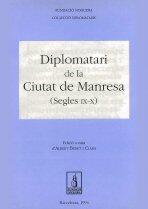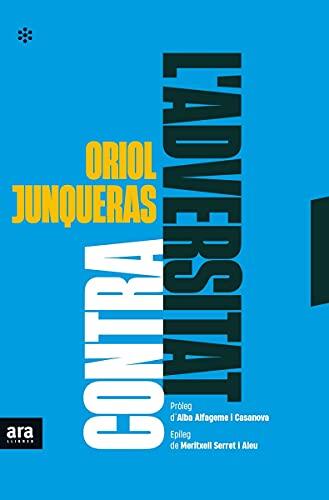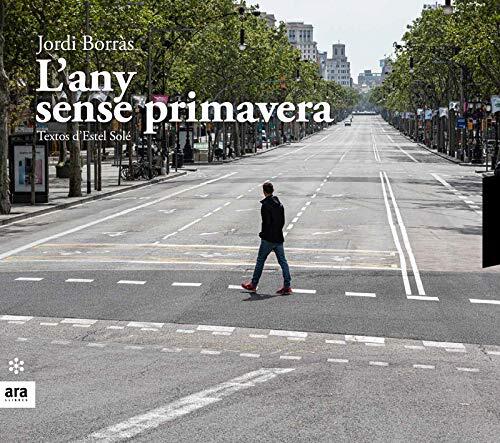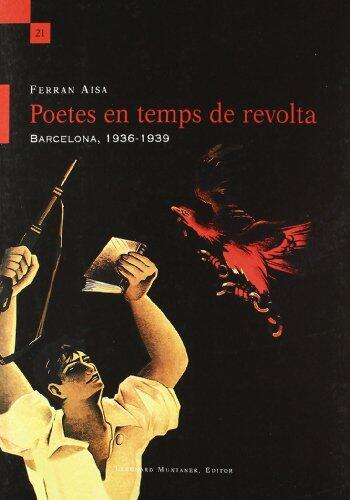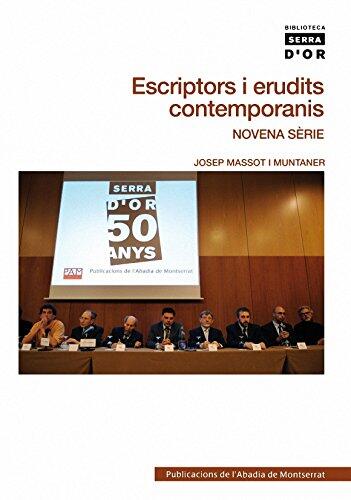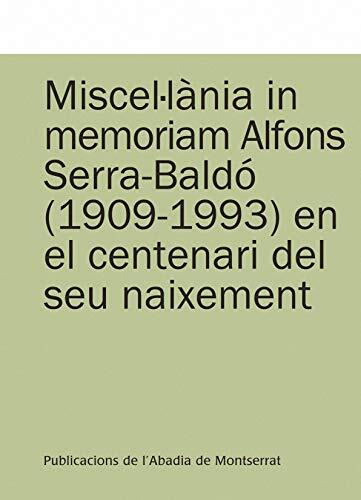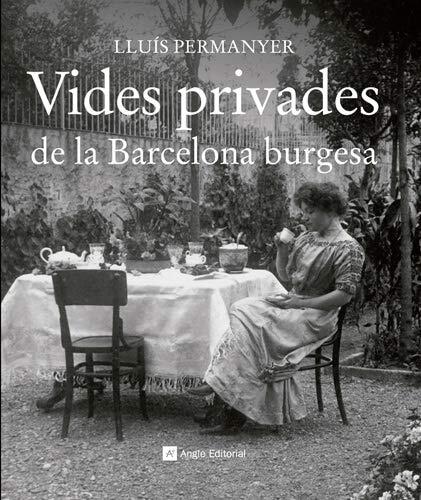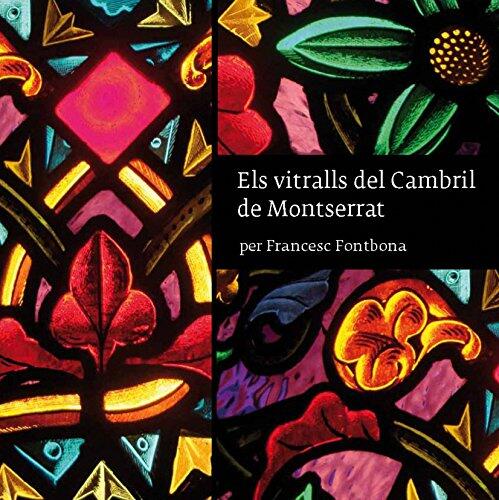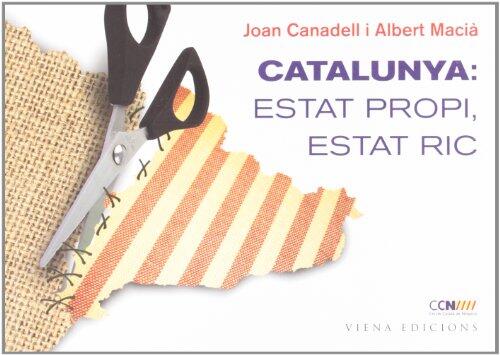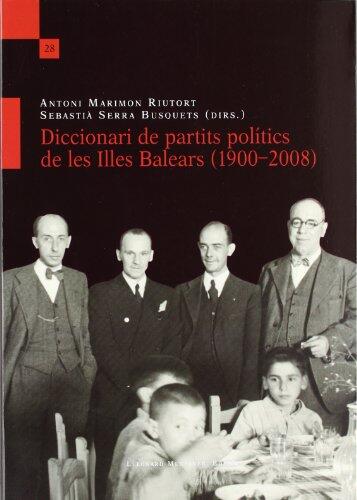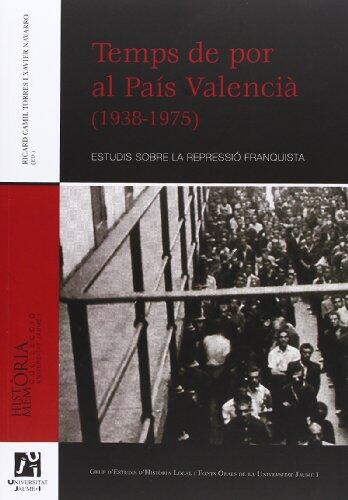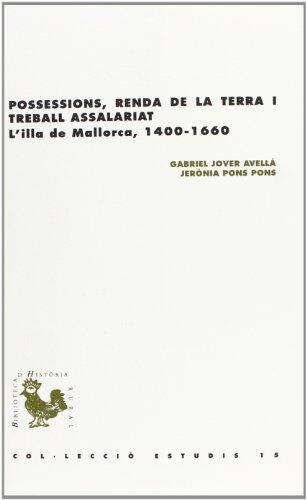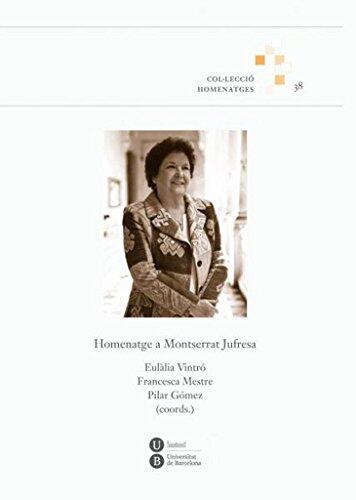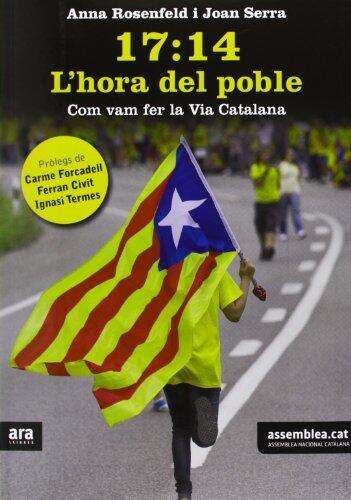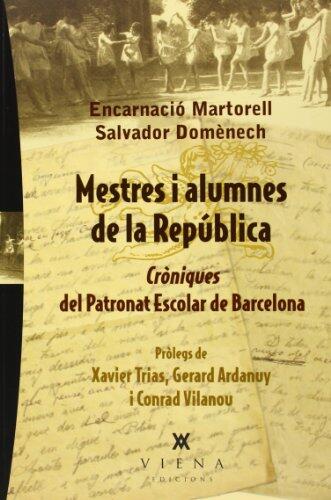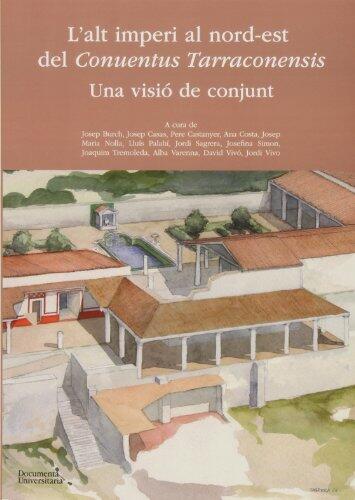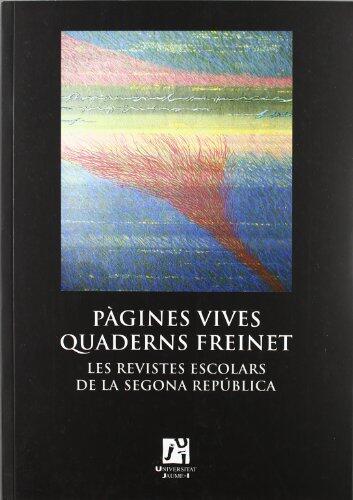
Pàgines vives quaderns Freinet. Les revistes escolars de la Segona República
بواسطة
Ferran Zurriaga i Agustí
لا توجد تقييمات بعد
History
تنسيق
غلاف ورقي
صفحات
248
لغة
الإنجليزية
منشور
Apr 18, 2012
الناشر
Publicacions de la Universitat Jaume I
الطبعة
1
رقم ISBN-10
8480218517
رقم ISBN-13
9788480218511
الوصف
Set against the backdrop of Spain's Second Republic, this work explores the dynamic and transformative role of school magazines during this pivotal period. The authors delve into how educational practices shifted and evolved, highlighting the innovative methods of Freinet, whose philosophies emphasized an active, child-centered approach to learning.
Through meticulous research, they uncover the diverse voices and perspectives captured in these publications, showcasing the creativity and expressiveness of students who participated in this unique form of self-expression. The text brings to life the vibrant atmosphere of classrooms where young minds were encouraged to think independently and engage critically with the world around them.
Rich with historical context, it reflects on the intersection of education and politics during a time of significant social change in Spain. The narrative emphasizes the importance of these school magazines not only as educational tools but also as tools of cultural expression and societal reflection.
Ultimately, the work provides a comprehensive look at a hopeful era in Spanish education, illustrating how these early efforts at student engagement laid the groundwork for future generations. The authors' dedication to illuminating this chapter in history highlights the enduring legacy of Freinet’s educational principles.
Through meticulous research, they uncover the diverse voices and perspectives captured in these publications, showcasing the creativity and expressiveness of students who participated in this unique form of self-expression. The text brings to life the vibrant atmosphere of classrooms where young minds were encouraged to think independently and engage critically with the world around them.
Rich with historical context, it reflects on the intersection of education and politics during a time of significant social change in Spain. The narrative emphasizes the importance of these school magazines not only as educational tools but also as tools of cultural expression and societal reflection.
Ultimately, the work provides a comprehensive look at a hopeful era in Spanish education, illustrating how these early efforts at student engagement laid the groundwork for future generations. The authors' dedication to illuminating this chapter in history highlights the enduring legacy of Freinet’s educational principles.
